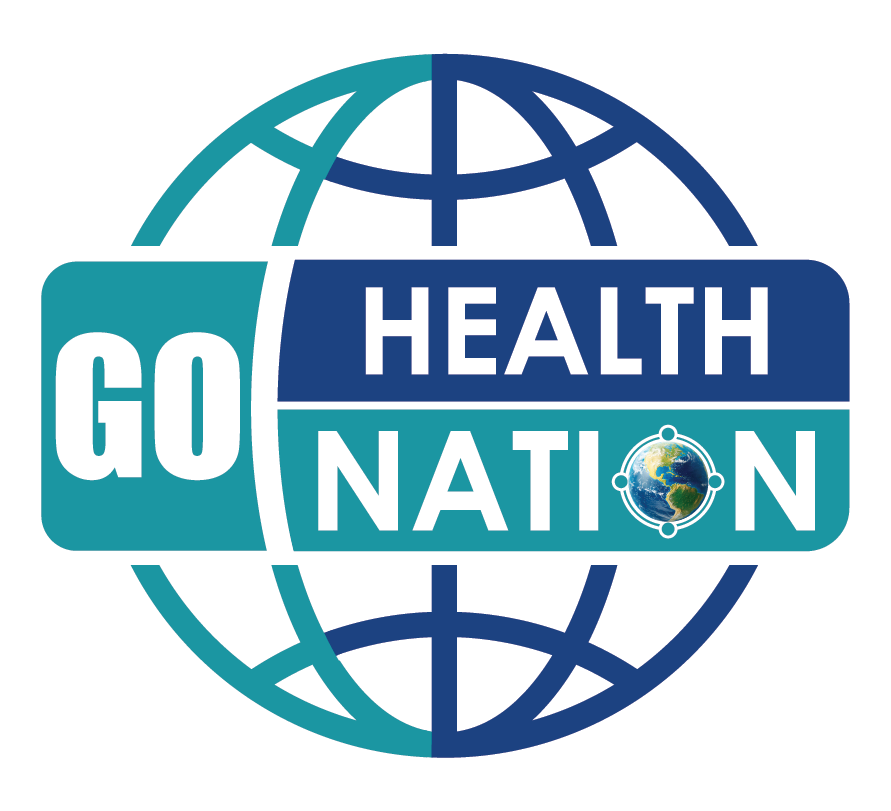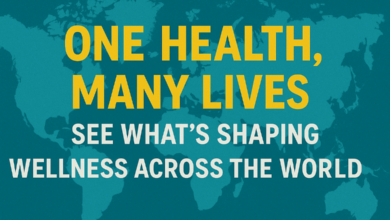What Is Bill 5 in Ontario? Why Sol Mamakwa’s Fight Matters for Indigenous Health

If you’ve searched “Bill 5 Ontario” or “Sol Mamakwa” recently, you’re not alone. These terms are trending across Canada, especially among people passionate about Indigenous rights, healthcare justice, and political accountability. But what’s the real story behind Bill 5? And who exactly is Sol Mamakwa?
Let’s break it down — simply, clearly, and truthfully.
What is Bill 5 in Ontario?
Bill 5, also known as the Health Statute Law Amendment Act (2024), is a groundbreaking piece of legislation passed in Ontario. It allows for the creation of a standalone, Indigenous-led health organization in the province’s north — a long-overdue step toward reconciliation and equitable healthcare for Indigenous communities. Bill 5 unfolds significant changes in Ontario.
Why It Matters
For decades, Indigenous people in northern Ontario have faced major challenges in accessing healthcare — from lack of hospitals to shortages in mental health and addiction services. Bill 5 gives these communities the power to lead their own healthcare system, designed by and for Indigenous people. The impact of Bill 5 Ontario cannot be underestimated.
Who is Sol Mamakwa?
Sol Mamakwa is an NDP MPP (Member of Provincial Parliament) for Kiiwetinoong, and Ontario’s first-ever Indigenous Services Minister. He’s a member of the Kingfisher Lake First Nation and has been a fearless advocate for the rights of Indigenous communities. His role was pivotal in promoting Bill 5 Ontario.
Mamakwa was the driving force behind Bill 5. In a rare show of unity, his bill received unanimous support in the Ontario legislature in April 2024. That moment was historic — a government often criticized for ignoring Indigenous issues fully backed an Indigenous-led solution.
“This is not just a bill — this is a legacy,” said Mamakwa in a speech that moved the House to a standing ovation.
What Will Change With Bill 5?
With Bill 5 becoming law, a new Indigenous health organization will be created to take over responsibilities like:
- Building and managing health facilities
- Hiring Indigenous healthcare workers
- Delivering culturally safe mental health and addiction services
- Making healthcare accessible in remote communities
This shift could reduce the staggering health gaps that currently exist. According to the Canadian Institute for Health Information, Indigenous people are twice as likely to report poor or fair health compared to non-Indigenous Canadians. Clearly, Bill 5 Ontario aims to address these disparities.
What People Are Saying Online
The rise in search terms like “bill 5”, “bill 5 Ontario”, and “Sol Mamakwa” shows how this story is capturing public attention. Many Canadians are praising Mamakwa for his courage, and others are calling this a model for how Indigenous leadership should shape future policies.
Social media is full of messages like:
“Sol Mamakwa is doing what no one else had the guts to do. Respect.”
“Finally, some hope for Indigenous youth in the north. #Bill5 #SolMamakwa”
“This is what reconciliation should look like.”
Why You Should Care
This isn’t just about politics — it’s about human rights, access to healthcare, and fixing decades of injustice. It’s also a reminder that progress happens when communities are listened to, empowered, and trusted to lead. So, when considering Bill 5 Ontario, think of its broader impact on human rights and equity.
Whether you live in downtown Toronto or a remote First Nation, Bill 5 is a win for everyone who believes in fairness and dignity.
More Stories You Might Like
- Vancouver to Host Largest Convention in City’s History: AA’s 90th Anniversary Celebration
- Health PEI’s Executive Pay Controversy: Auditor General’s Findings Spark Public Outcry
Final Thoughts
As we celebrate the passing of Bill 5, let’s not forget the work ahead. Sol Mamakwa may have led the charge, but it’s up to all of us to keep paying attention — and holding our leaders accountable. Bill 5 Ontario sets a precedent for meaningful change.
If you care about Indigenous voices, fair healthcare, and what real change looks like, this is a story you should follow closely.





